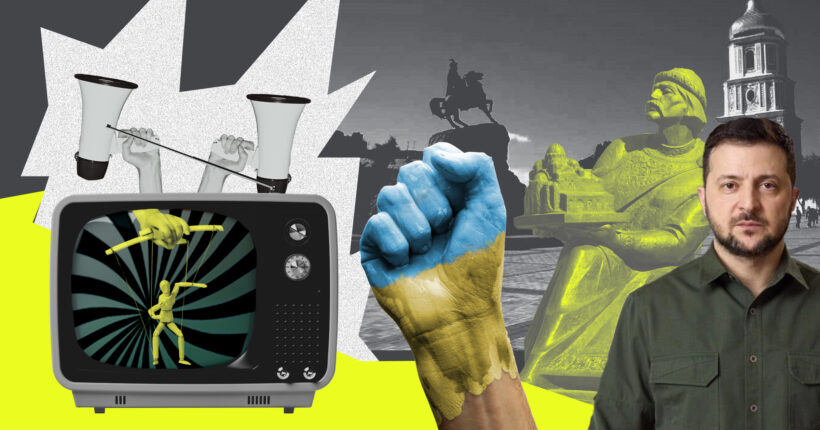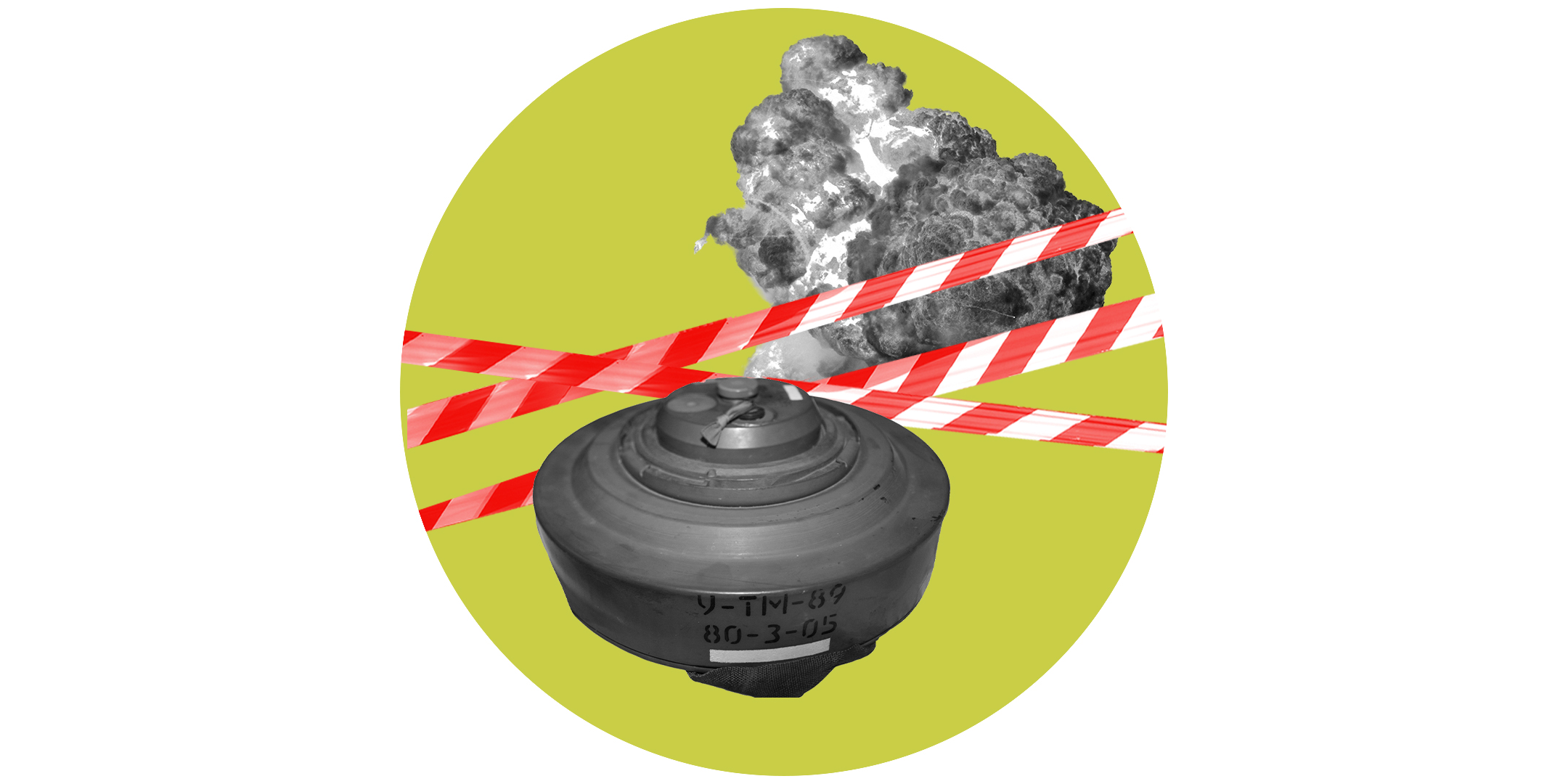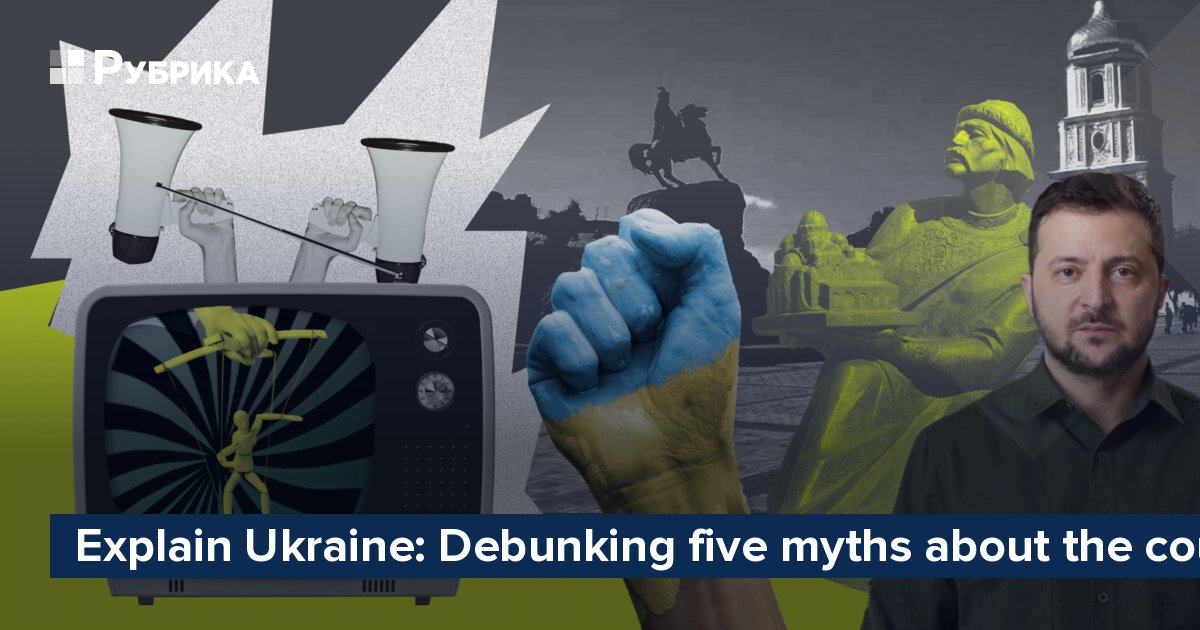
Myth 1. Ukraine is a failed state
Russia's view of Ukraine as a failed state is rooted in its political and economic interests in the region and its historic relationship with Ukraine. Since the collapse of the Soviet Union, Russia has viewed Ukraine as a key geopolitical player in the region. It has sought to maintain its influence over Ukrainian politics and foreign policy.
Russia's annexation of Crimea in 2014 and its support for separatist rebels in eastern Ukraine have strained relations between the two countries. Russia has used the idea of a failed state to justify its actions in the region. By portraying Ukraine as a failed state, Russia seeks to legitimize its intervention in the country and portray itself as a stabilizing force in the region.
However, the idea of Ukraine as a failed state does not accurately portray the country's current situation. Despite its challenges, Ukraine remains a functioning state with a democratically elected government, a legal system, and a diverse economy. While Russia's characterization of Ukraine as a failed state serves its own political interests, it does not reflect reality.
Myth 2. Ukraine and Russia are "brotherly" states
Ukrainians and Russians are two distinct ethnic groups, and their respective countries are separate and independent states.
Ukraine had a complex and often overlapping relationship with its neighbor, including times of conflicts and cooperation, as Russia forcibly denied the state's independence and nation. Ukraine was a part of the Russian Empire for centuries, and the two countries share cultural and linguistic ties, particularly in the eastern regions of Ukraine that border Russia.
However, Ukraine and Russia also have distinct national identities and political aspirations. Ukraine has sought to assert its independence and sovereignty since the collapse of the Soviet Union in 1991, while Russia has sought to maintain its influence over Ukrainian politics and foreign policy.
While there are similarities between Ukrainians and Russians due to the aggressive colonization and deportation, it is important to recognize that they are separate nations with unique histories, cultures, and identities. The relationship between Ukraine and Russia is complex and multifaceted, and it is important to approach it with nuance and sensitivity.
Myth 3: Ukraine is a puppet state controlled by the West
Russian propaganda often describes Ukraine as a West-controlled state used to target Russia. Putin has used this narrative to convey his imperial ambitions of conquering the neighboring country.
Ukraine has faced significant geopolitical challenges and has been involved in complex relationships with various international actors, including Western countries, Russia, and others. However, characterizing Ukraine as a puppet state controlled by the West oversimplifies the situation and ignores the agency and autonomy of the Ukrainian government and people.
Ukraine has pursued its own foreign policy objectives and sought to establish and maintain relationships with different countries and international organizations based on its interests. While Ukraine has pursued closer ties with Western countries, including the European Union and the United States, this does not imply that it is under their control.
Myth 4. Ukrainians only speak Russian
Ukrainian is the official language of Ukraine and the native language of most of the population. While Russian is widely spoken in Ukraine, particularly in urban areas and in the eastern and southern regions with a significant Russian-speaking population, it is not the only language that Ukrainians speak.
The linguistic situation is diverse. In western and central regions of Ukraine, Ukrainian is the dominant language in daily life, education, media, and official government institutions. Ukrainian is also the primary language used in cultural and artistic expressions, literature, and national identity.
While Russian is spoken by a significant portion of the Ukrainian population, Ukrainians as a whole do not exclusively speak Russian. During the war people of Ukraine primarily switched to the national language to differentiate themselves from the enemy state.
Myth 5. Ukrainians are Nazis
While there have been some far-right and nationalist groups in Ukraine, it is incorrect to make a blank statement that Ukrainians are Nazis.
Ukraine was occupied by Nazi Germany during World War II, and some Ukrainians collaborated with the Nazis. However, at the same time, many Ukrainians fought against the Nazis and were part of the Soviet Army or partisan groups.
Nowadays, far-right extremist groups have no representation in politics in modern Ukraine, unlike in other countries where there has been a resurgence of the far-right, especially across Europe. Ukraine has a diverse population with different political views and affiliations. The state is led by a Jewish president, Volodymyr Zelensky, who has said he has family members who were killed during World War II. The country is home to one of the largest Jewish populations in Europe, with estimates as high as 2.7 million, before World War II.
Если вы нашли ошибку, пожалуйста, выделите фрагмент текста и нажмите Ctrl+Enter.














